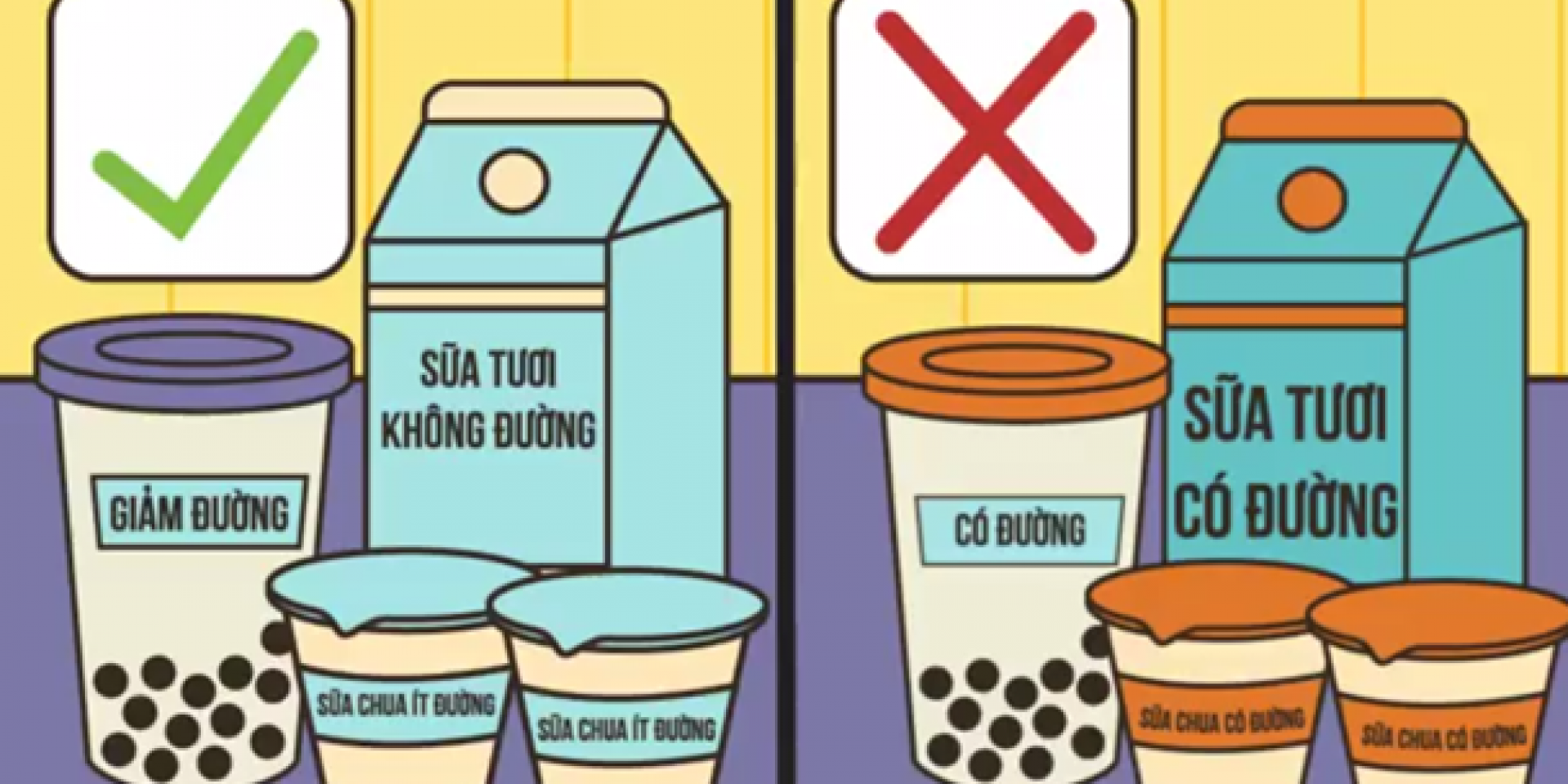Using information and cognitive dissonance to nudge children toward healthier food choices in Viet Nam

Among children and adolescents, 5 to 19 years old, overweight and obesity increased from 8.5 percent to 19 percent from 2010 to 2020 in Viet Nam, according to the General Nutrition Survey. Helping children to make healthy food choices – and reduce their consumption of sugar in particular – may reverse trends in childhood obesity and prevent obesity in adulthood. However, how to nudge children to choose more positive behaviors is an important area of research.
In 2020, researchers conducted a lab-in the-field experiment in 12 primary schools in Dong Anh, a peri-urban district outside of Ha Noi, Viet Nam. Each classroom was assigned to one of three experimental conditions and then ten students were randomly selected from each classroom to participate. The study and its results were recently published in Economics & Human Biology.
In the experiment, two groups of children watched a short, animated video about the risks of eating too much sugar. After the video, one group of children were asked to record what they had learned and were told that their message would be sent to children in other schools to promote healthy eating. Then they were asked to answer a brief set of simple questions on paper concerning their own sugar eating habits. This was intended to make children aware that they may not be following their own advice, a behavioral science concept known as hypocrisy-inducement. The second group of children just watched the video, and a third group of children watched a video on traffic safety. More than 1200 children participated in this study.


